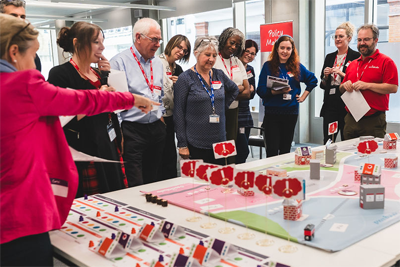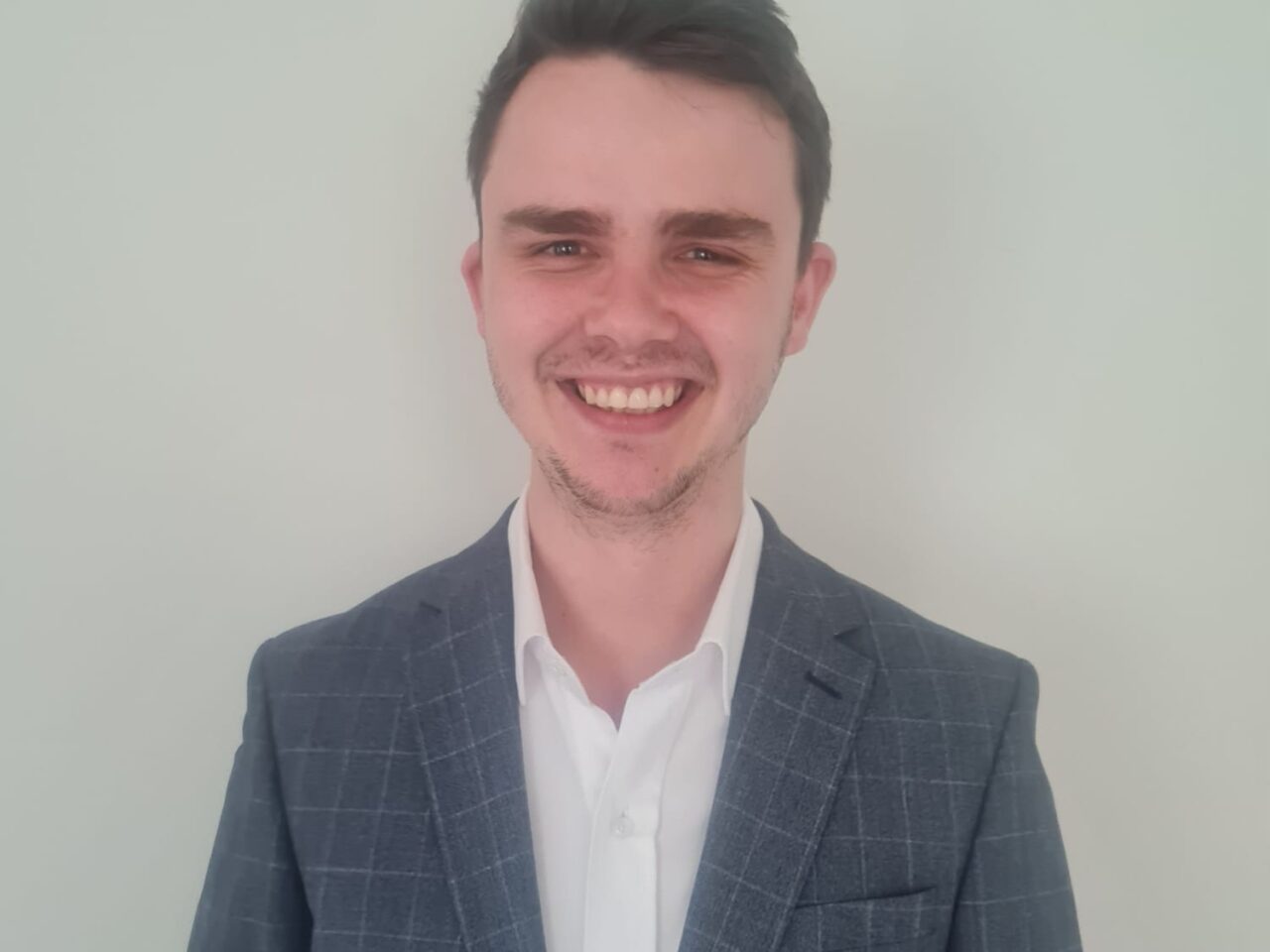19 October 2023
By Rebekah Luff, SCIE Senior Research Analyst
In early October, participants from across housing, health and social care in Southwark came together to play the ‘Serious Game’. The Serious Game is designed and facilitated by Socialudo and makes the complex issue of housing for an ageing population accessible and fun while supporting strategic thinking about the future.
Bringing together local housing partnerships
The Commission on the Role of Housing in the Future of Care and Support identified local plans for housing for older adults as essential if we’re to ensure a wider range of housing options for older adults. SCIE are currently working on developing a toolkit for local areas to help them with developing those local housing plans. However, the Commission went further, stating that these plans should be developed in partnership with the local authority, NHS, social care, providers, community groups, housing department and older adults themselves. The Serious Game can both facilitate the development of a local housing partnership and emphasises, through the game play, why they are so fundamental.

Getting the right people in the room
The project is funded by the Dunhill Medical Trust, managed and evaluated by SCIE, with project partners Socialudo and Housing LIN. United St Saviour’s Charity, based in Southwark have been a key local partner, helping us link to different organisations on the ground. We had a fantastic turn out with a number of teams at Southwark Council represented, local providers, developers, charities, NHS, the local care partnership, occupational therapists and community groups.
Game play
The players were in four teams: policy makers, developers, service providers and the community group. The teams had to communicate, negotiate and compromise to improve the wellbeing of residents in the fictional place of ‘Hopetown’. As part of the evaluation, I was the note-taker for the developers. They were tasked with making a profit and formed an early strategy of finding out what the other teams wanted and what the policy makers would approve. I observed that the developer’s job was much easier when the community and policy makers were in alignment. As in real life, time moved on in the game, budgets were reduced and the number of people in unsuitable housing increased. Difficult decisions had to be made, highlighting the challenge of both reacting to immediate needs while planning longer term.
Participant:
I think the game provides an interesting window into the problems/challenges across the whole piece so it’s not just housing (…) but the whole range of … interventions to meet the very varied needs of older people. We all have pieces of the puzzle. The game put them together!
For me, the energy and ideas in the room and the personal links being made across a range of teams and organisations in Southwark during the day was a highlight.
Next steps
Initial feedback from players was around the importance of partnership working and inclusion and the opportunity to work with key stakeholders from across Southwark going forward. The Game was followed two days late by a workshop to focus on next steps and priorities which we will feedback to the participants. SCIE will be overseeing a follow-up evaluation in January to see what has happened in Southwark since the Game, and the project will be reporting in March.

